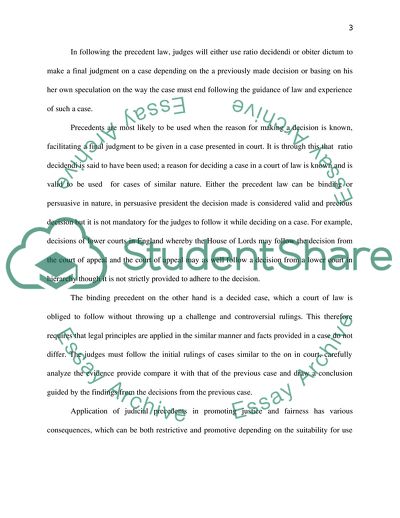Cite this document
(Judicial Precedent Report Example | Topics and Well Written Essays - 2250 words, n.d.)
Judicial Precedent Report Example | Topics and Well Written Essays - 2250 words. https://studentshare.org/law/1855155-judicial-precedent
Judicial Precedent Report Example | Topics and Well Written Essays - 2250 words. https://studentshare.org/law/1855155-judicial-precedent
(Judicial Precedent Report Example | Topics and Well Written Essays - 2250 Words)
Judicial Precedent Report Example | Topics and Well Written Essays - 2250 Words. https://studentshare.org/law/1855155-judicial-precedent.
Judicial Precedent Report Example | Topics and Well Written Essays - 2250 Words. https://studentshare.org/law/1855155-judicial-precedent.
“Judicial Precedent Report Example | Topics and Well Written Essays - 2250 Words”. https://studentshare.org/law/1855155-judicial-precedent.


